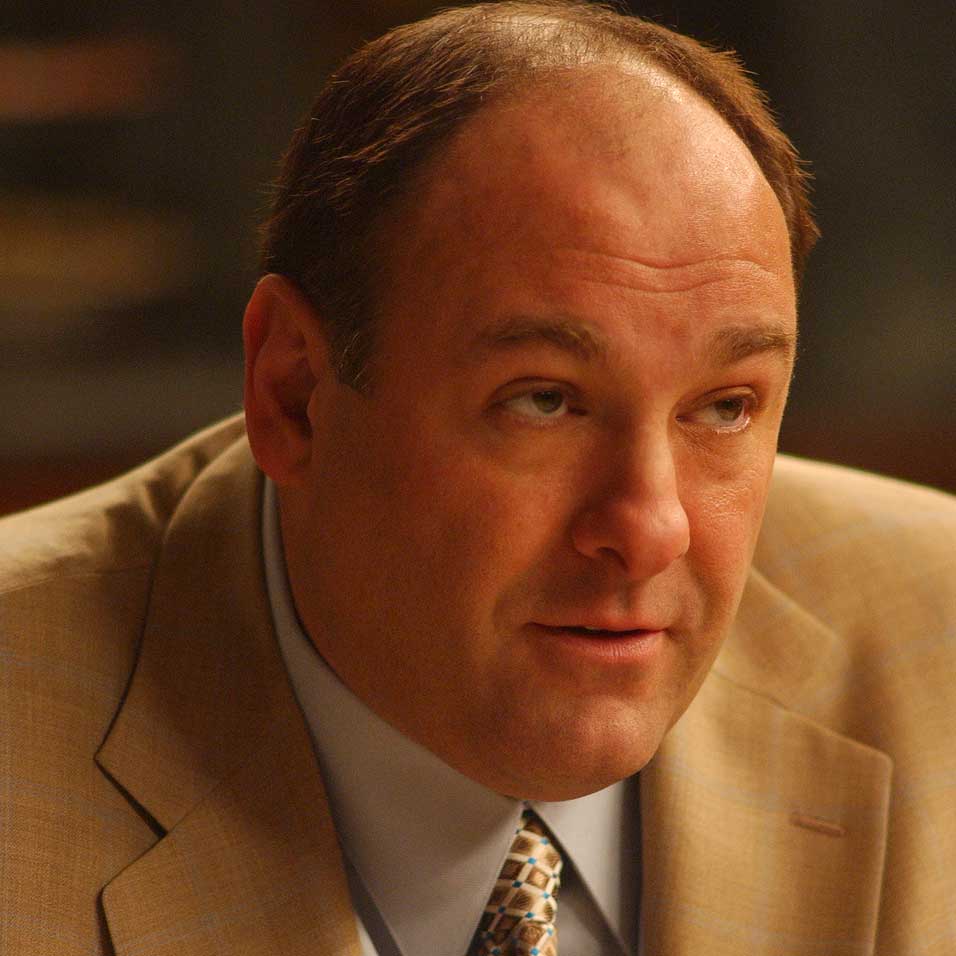
The don has died. But in a double blow, the death of actor James Gandolfini claims not one life but two: he takes with him the peerless, compelling mafia boss Tony Soprano.
Soprano, who stood front and centre on the small screen between 1999 and 2007, was one of television’s greatest, most definitive, characters. And Gandolfini one of those rare character actors with the presence of a leading man: powerful, resonant and yet still very, very vulnerable.
Gandolfini’s body of work encompasses the stage, and the small and big screens. His resume reads like the life story of every hardworking, jobbing New York actor: a stage turn in On the Waterfront, films such as True Romance and Get Shorty.
But the inescapable truth of this is: to many Gandolfini was known only for the 86 episodes of critically exalted HBO drama The Sopranos, in which he starred.
It is one of the peculiar ironies of television fame that sometimes a single role for one actor can eclipse a lifetime’s work for another. William Shatner’s Captain Kirk and Adam West’s Batman spring to mind here. Neither is perhaps Gandolfini’s equal as an actor, but the characters make curiously appropriate equals to Soprano in the annals of pop culture history.
Gandolfini, in less than a decade, made the mafia genre, previously defined by Francis Ford Coppola’s film, The Godfather, his own.
The Sopranos modernised the genre and installed Tony Soprano, husband, father and organised crime boss, as its centre-piece, and created around him a world both compelling and disturbingly real.
Due credit for that belongs to David Chase, The Sopranos’ creator and principal writer. But if Chase was the puppet-master, Gandolfini was his puppet, a dark, brooding Pinocchio to Chase’s master artisan Geppetto.
That fusion between an actor and a writer is rare, but when it happens the results are invariably astonishing.
The mafia genre has given us many memorable characters and performances: Joe Pesci’s Tommy DeVito in Goodfellas, Stephen Graham’s Al Capone in Boardwalk Empire, even Johnny Depp’s John Dillinger in Public Enemies spring to mind.
Then there is The Godfather, based on the novel by Mario Puzo and the cinematic magnum opus of film demigod Francis Ford Coppola, which set the gold standard for crime movies.
From its pages we met James Caan’s Santino Corleone, Andy Garcia’s brilliant Vincent Mancini, Al Pacino’s Michael Corleone and, of course, Marlon Brando’s towering Don Vito Corleone.
Is Tony Soprano Corleone’s equal Was Gandolfini better than Marlon Brando Indeed does The Sopranos truly topple The Godfather from the top rung of the cinematic totem pole
That’s a big call, and perhaps too bold a call to make in so subjective an arena, but Gandolfini’s qualities were rare, and his performance as Tony Soprano layered in so many complex ways.
Ad Feedback
Television allowed Gandolfini something that film denied Brando and the other titans of The Godfather franchise: time. In 86 hours, and without a ticking clock to fight, Gandolfini transformed Soprano from a mafia don to a complex, multi-dimensional character.
Significantly, he gave Soprano humanity such that even as we watched him kill – Febby Petrulio, Chucky Signore, Big Pussy, Tony Blundetto and more – the audience’s care for him seemed to never waver. His exchanges with his therapist, Jennifer Melfi (Lorraine Bracco), added even more layers.
We met his family: wife Carmela, children AJ and Meadow, mother Livia. And we saw how he struggled with his working life as a crime boss. He battled depression. He was unfaithful, and yet he demanded unequivocal loyalty. He was deeply, deeply flawed.
The Sopranos ended on June 10, 2007, with a conclusion that left viewers uncertain of Tony Soprano’s ultimate fate: stalked into a lingering, uncomfortable fade to black which provoked debate about whether indeed he had been killed. It seemed, at the time, a cruel finish for a man who commanded inexplicable affection.
Losing Gandolfini, with such certainty, seems in comparison a far crueller hammer blow.
It is soothed by one tiny consolation: the immortality of film. And the knowledge that long after Gandolfini is gone, his singular, luminous portrayal of Anthony John “Tony” Soprano is ours to cherish forever.
– Sydney Morning Herald